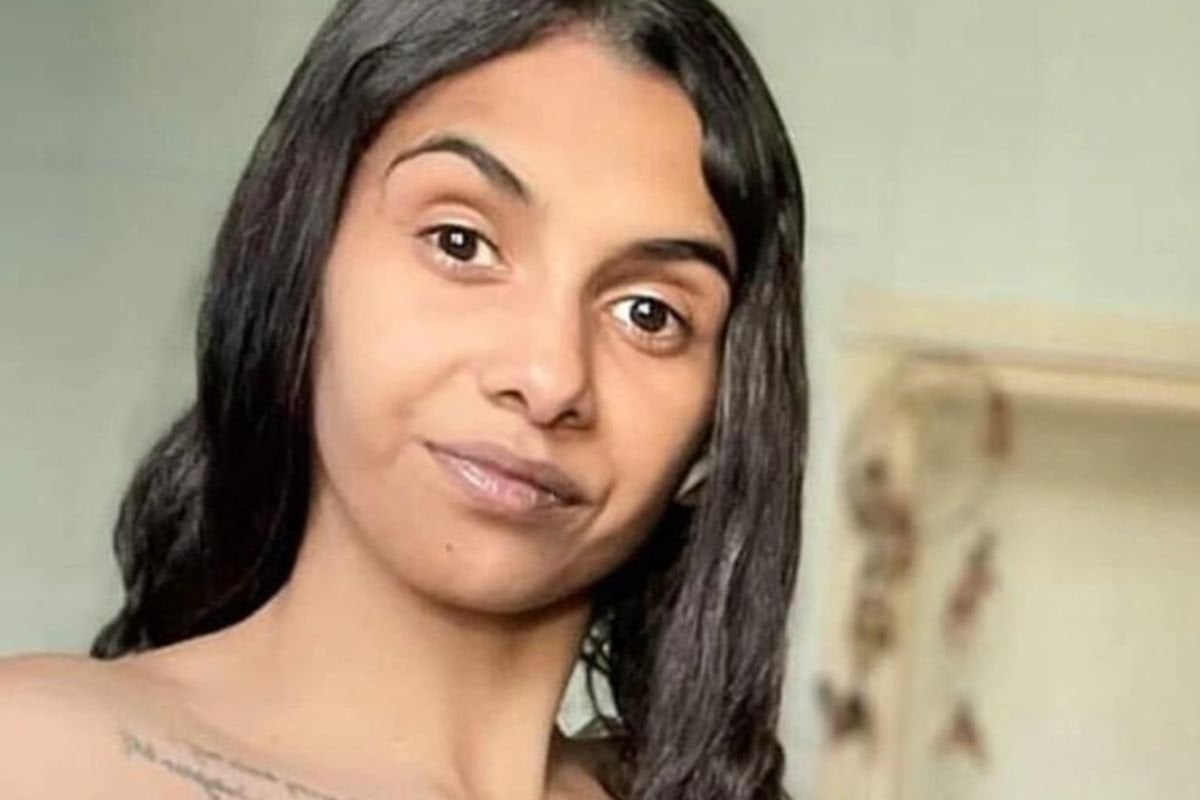
Content Warning: Aboriginal and Torres Strait Islander readers are advised that the following article, contains images and names of people who have died. It also includes descriptions of possible suicide.
On September 18, 2021, Theresa Newchurch got a text message from her sister.
"I hate this, literally the saddest sh*t ever," it read.
Charlene Warrior was in Bute, 90 minutes north of Adelaide, to collect her one-year-old daughter from her ex-partner. But they'd been fighting about custody. Earlier that evening, she'd called Theresa from a park bench in town crying.
"I need to get back to Adelaide," she told Theresa.
The next day, there was silence.
Worried, Theresa reached out to the ex. He replied a day later telling her he woke up and Charlene was gone.
Watch the trailer for True Crime Conversations. Post continues below.
Two days later Theresa says she reported her sister missing. Police dispute that, they say they didn't learn about Charlene's disappearance for another nine days. They officially started searching for her on October 1.
Charlene's body was found by a local man out for a walk on October 3, 2021. She was in a tree only 100 metres from the house in which she'd been staying and 200 metres from the Country Fire Service (CFS) shed where authorities had launched a full-scale search.